Total Communication

Expressive Communication
unleashes human intelligence, creativity, and joy
Total communication is an approach to communicating, simultaneously or separately, that makes use of several modes of communication such as signed, oral, auditory, written and visual aids, depending on the particular needs and abilities of the person.

Since many people on the spectrum are non-speaking or have trouble communicating expressively verbally, supporting communication is one of the most important things we do at JoyDew, and all of our staff are experts in a variety of tools and methods.
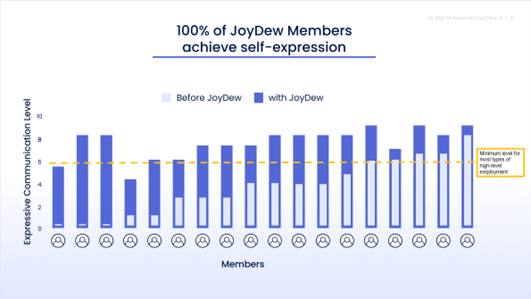
Whether it be American Sign Language (ASL) or other forms of Alternative Communication (AC/FC), they have been able to get 100% of our members to the point of expressive communication within 4 months of joining the program, even if they never spoke a word in their entire life.

“They just need the right avenue to be able to express that, and then once they have that opened up and they know that they are being heard, or they know that they are being seen, it gives them the confidence to keep on going and learning more and improving and being in a space that no parent, especially a parent with the adult child that's non-verbal ever could imagine them being able to accomplish.”
- Monifa Boyd, parent
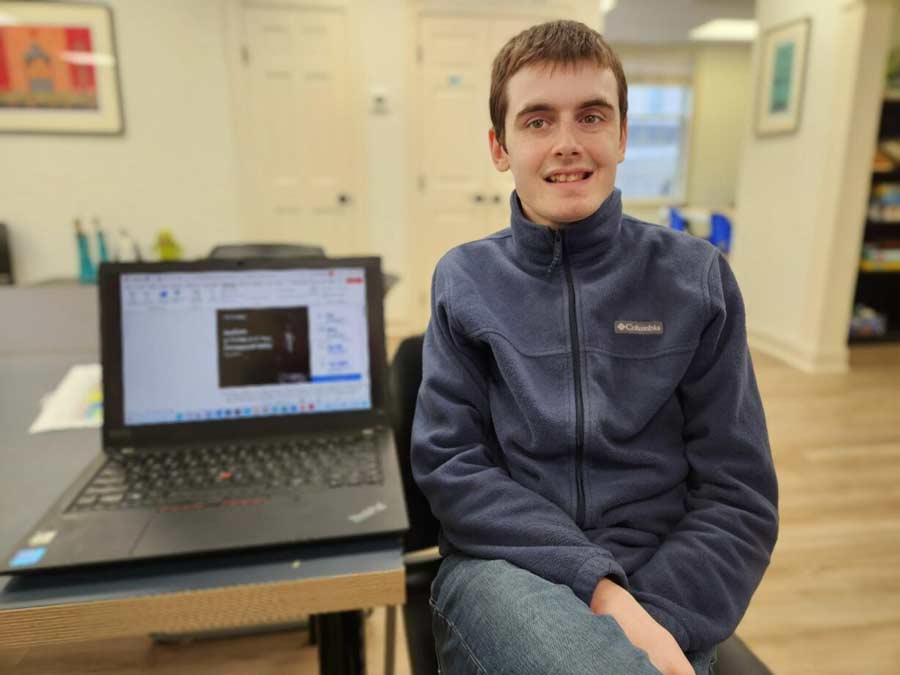
To "give members a voice", there are a variety of communication tools and techniques that work well for different people. All of our members are able to read, but many have not been able to type or handwrite in the past. This is often caused by a neurological issue that affects motor planning and/or the ability to shift gaze from a keyboard to a monitor.
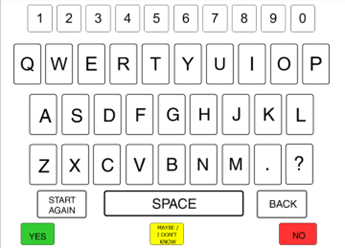
For these members, a tablet, or even a paper letterboard often works beautifully. One of the favorite ways for members to communicate amongst each other is via simple chat tools. For any electronic tool, a voice output device can be added for faster communication. If they have trouble steadying their hand, SPELL or Facilitated Communication techniques can assist them.
For quick communication, they often use American Sign Language (ASL), picture boards, zones of regulation, pain scales and other tools to get their point across.
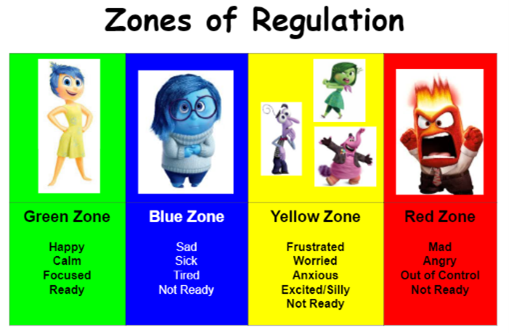

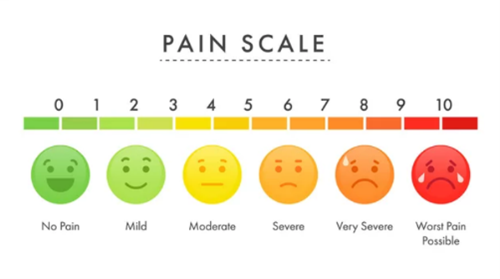
Finally, and most importantly, it is the "tone" with which we communicate that accounts for our unusual success. At JoyDew, we PRESUME COMPETENCE. We treat every member with dignity, respect and courtesy. We focus on the "person" and not the "disability."


Communication Tips from our Members
- Move from an area with distractions to a quieter area
- Don’t pretend to understand what a person with a speech impairment says. Instead, ask them to repeat what they said and then repeat it back.
- Ask short questions that require short answers, or a nod of the head
- Don’t repeat your question – give them time to process and respond
- They may not appear to be listening/understanding, but they do
- Let the person speak for him or herself
- Be honest – they know when you are not!
- Be friendly
